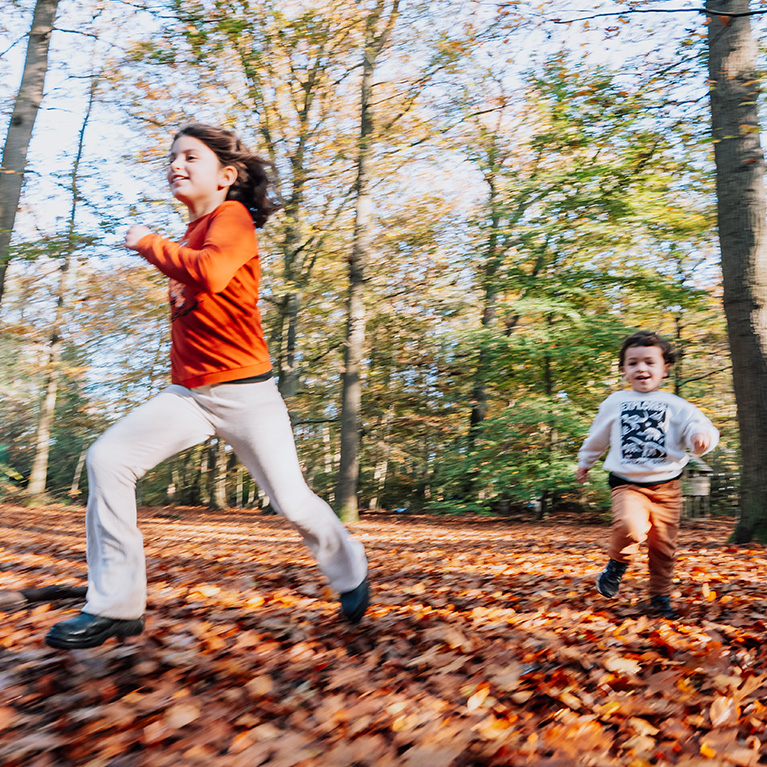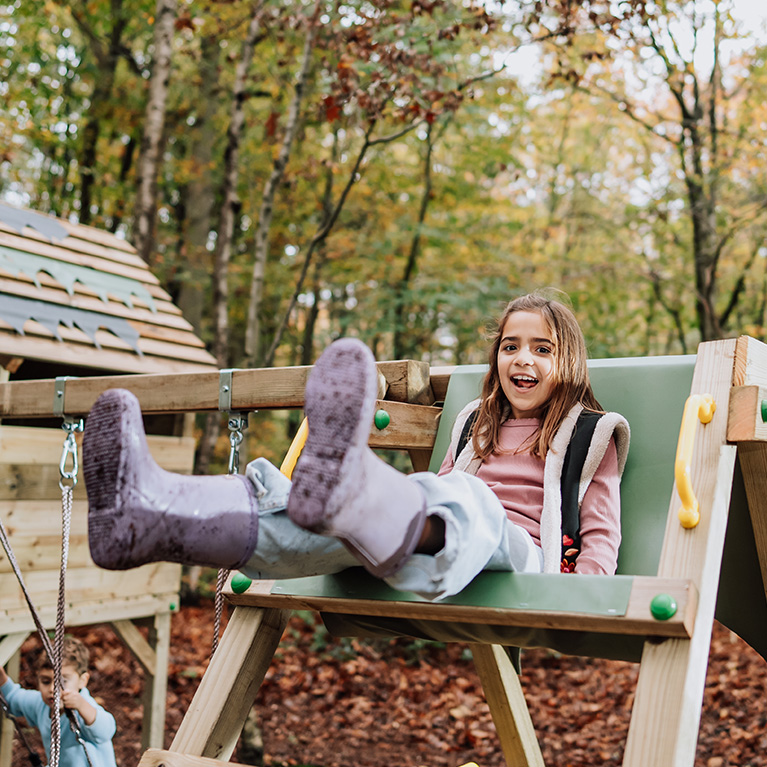How outdoor play encourages lifelong healthy habit
How outdoor play encourages lifelong healthy habit
In a world filled with digital distractions, the importance of outdoor play is more relevant than ever. Research shows that encouraging children to play outside not only supports their current well-being but also helps establish habits that lead to a healthier lifestyle in adulthood.
The groundwork of an active lifestyle
A pivotal 2019 study published in The Lancet Child and Adolescent Health found that children who regularly engage in outdoor activities are more likely to remain physically active as adults. Outdoor play naturally incorporates running, jumping, and climbing, all of which foster motor skills, strength, and endurance. These early positive experiences with physical activity lay the groundwork for an active lifestyle, making exercise feel like a natural part of daily life rather than a chore.
Beyond the physical benefits, time spent outdoors has significant mental and emotional impacts. A 2022 study from the International Journal of Environmental Research and Public Health found that children who have consistent exposure to outdoor environments tend to have lower stress levels and better emotional regulation. Nature has a calming effect that not only reduces stress but also enhances mood and focus, which can lead to better mental health throughout life.

A lifelong well-being
By allowing children the freedom to play outside, parents and caregivers are nurturing more than just their physical development. They’re helping children form a lasting relationship with physical activity and the natural world—two factors that contribute to lifelong well-being. As kids climb trees, explore parks, and invent games outside, they’re also building the foundation for a healthy future.
Incorporating more outdoor play into a child's routine is a simple but powerful step toward ensuring they grow up with habits that support both their body and mind for years to come.


















